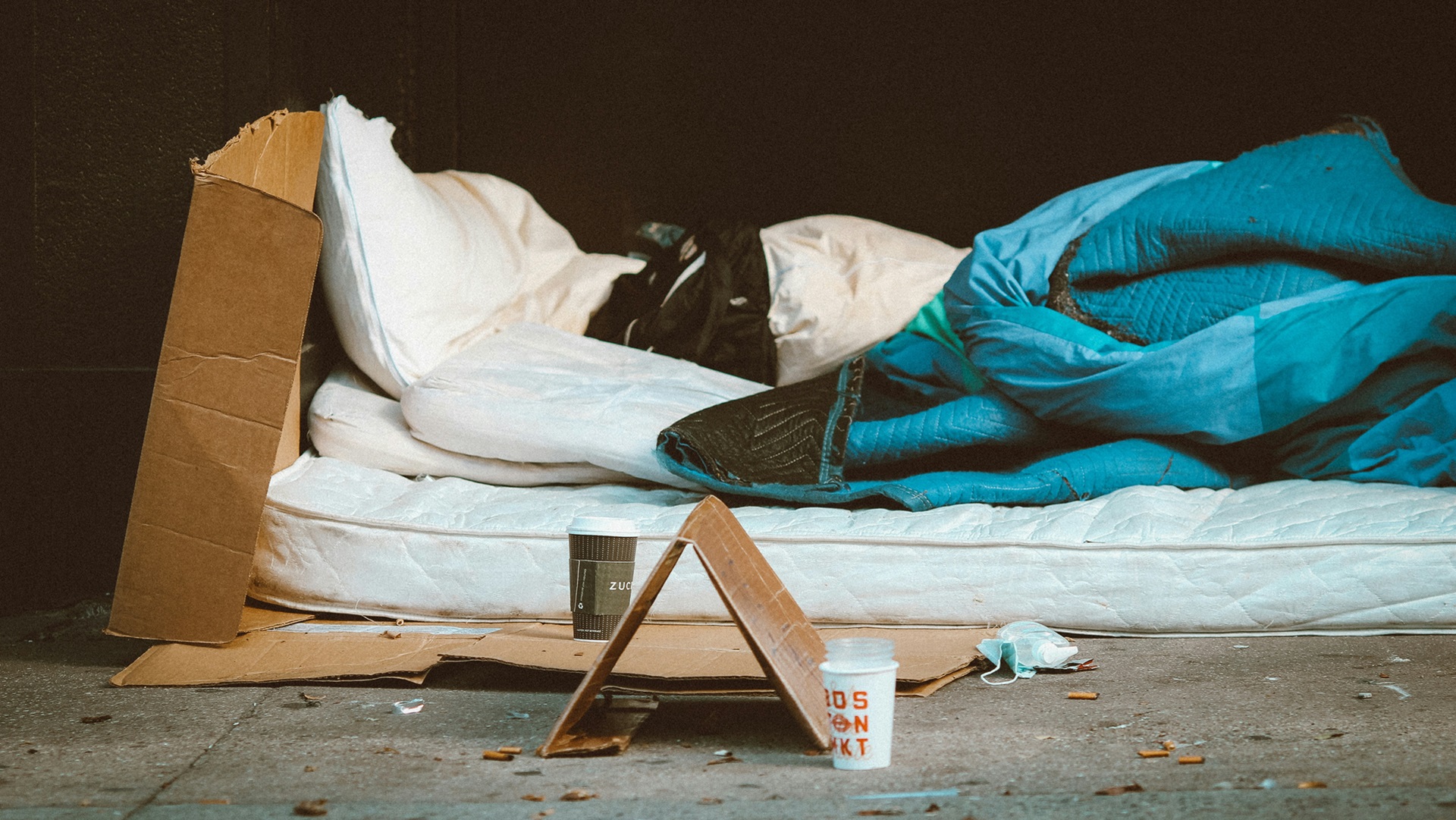What support could you offer for £68,500? Well, you could end homelessness for an individual.
How much does it cost to end rough sleeping?
We know what it’d cost to end rough sleeping, thanks to a 2018 study by Crisis. Rough sleeping isn’t an intractable problem and Crisis ran the numbers on three specific options, suited to the needs of different people.
All are cheaper than sending someone to prison.
Housing First support
At the heart of Housing First is the idea that if you give someone a stable home, they have a platform to start from. Politicians have been taking the lead from Finland, where the concept has been introduced to acclaim. Instead of jumping over hurdles, rough sleepers are given a home.
Crisis estimates this will help 30% of rough sleepers at a cost of £12,250 per person per year, in 2017 money, or £15,667 when accounting for inflation. Housing First lasts as long as people need it, but typically last for two years before they can move onto other less intense kinds of support, taking the rough cost to £31,334.
Instead of putting one person behind bars, as the Criminal Justice Bill proposes, we could implement Housing First for two people. Here’s the kicker: it’s spending that saves money elsewhere, with £3.60 of benefit generated for every £1 invested.
Long-term supported accommodation
Supported accommodation does what it says on the tin – residents are offered on-site support to help them with their needs, from mental health to substance misuse. It’s an alternative to living independently.
Crisis reckons long-term supported accommodation is suited to 3% of rough sleepers, or 10% of those with high/complex needs
This would cost an estimated £21,222 per person per year in 2015 money, or £28,055.46 in 2023 money.
Three-quarters of people will receive support for life. For £68,500, we could help someone for almost two and a half years, giving them a chance at rebuilding.
Low to medium support
For two-thirds of rough sleepers, those with low support needs, subtler interventions are needed. This includes housing access support, a guaranteed deposit scheme, and floating support.
A cheaper solution, it works out to £5,411 per person per year.
When you put these together, the country can save money by ending rough sleeping. Crisis estimated 9,260 households were sleeping rough in 2016, while more recent counts vary – but it is clear the government’s goal of ending rough sleeping is failing. In London alone, 10,053 rough sleepers were counted on the streets from April 2022 to March 2023.
Using Crisis’ figures, these three measures to end rough sleeping would cost £992m. But they would generate a benefit of £3.2bn, in the form of costs avoided, increased economic output from people being able to work, and better wellbeing.









